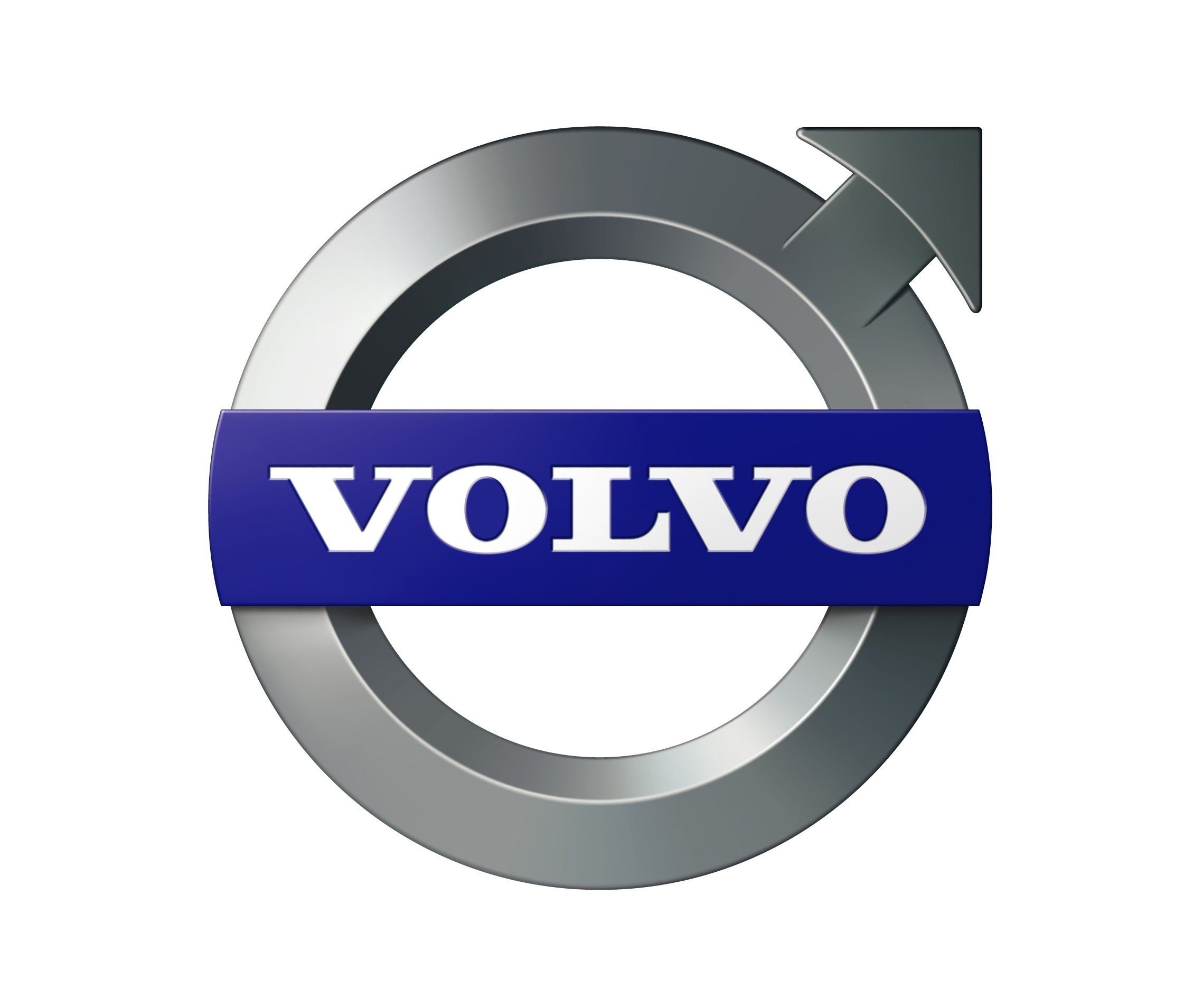Yes. They’d be idiots not to, and they don’t seem to be idiots.
Autoblog and Motor Authority are merely the latest to report rumors (already reported here) that a consortium of Swedish investors is trying to raise the money to buy Volvo from Ford. The latest version of the story has Ford retaining a substantial minority interest in the company, while the Swedish investors take a majority stake.
Is it going to happen?
You bet it is.
Nobody else can afford to buy Volvo, and Ford really can’t afford to sell it.
The crash of the subprime mortgage market is killing the car business – both in selling cars and selling car companies. The whole Cerebus deal for Chrysler is still up in the air. Word is that the investment bankers who thought the Cerebus deal was a mealticket to millions may end up eating billions. Meantime, rumors are rampant that some weird Russian wants to buy Jaguar. The last time Ford was faced with a buyer with such disreputable credit credentials, it was William Craypo Durant’s offer to buy the company for $25 million. In the 1910s. It didn’t happen because Henry Ford demanded gold.
The bottom line, though, is that it’s not going to be that easy to come up with the cash to buy Volvo, even though – unlike the other car company deals recently done – Volvo is profitable.
So, where does this leave Ford?
Ford needs the money that it would get from selling Volvo.
But it needs to keep Volvo.
Conventional wisdom has Ford, in common with the other Detroit automakers, selling the homestead in order to build up enough cash to get the UAW to let them out from under the automakers’ current pension and retiree liabilities. The theory is that the UAW, faced with the demise of at least one of the automakers if they don’t cooperate, will agree to shift those liabilities to an independent trust, one which the automakers will fund (to the tune of billions) in exchange for no longer having to carry those liabilities on their balance sheets. The automakers will be left with a lot less money, but at least will be able to show a profit by the legerdemain of paying out a vast fortune all at one time, rather than over the remaining lifetimes of those who have worked for the companies during the past 40 years. (This is what the lawyers call “present value.” For the rest of us, it’s a “bird in the hand is worth two in the bush.”)
Ford is no exception. It has shopped Volvo primarily as a way of funding that buy-out. In doing so, though, it’s not just cutting to the bone, it’s cutting into the marrow.
It isn’t merely that Volvo is profitable.
It’s that Volvo is a resource Ford cannot afford (sorry) to lose.
Volvo has engineering expertise upon which Ford has relied heavily in the past, and would probably rely heavily in the future.
A deal that gives Ford, say, $5 billion for a majority stake, but leaves Ford with access to the engineering resources of Volvo would be a good deal for Ford.
It would also be a really good deal for the Swedes.
Ford has a dealer network in both Europe and the United States that is better than that of any automaker, other than General Motors. Selling cars remains a personal proposition. The more dealers, the more cars you sell.
The scribe that writes this contribution to TopSpeed had occasion to spend a recent Saturday afternoon in a small, rural community in Wisconsin. Bored, he decided to inventory the rolling stock at the curb of the church where the funeral had been held.
One – exactly one – non-American nameplate, probably bought used from the Chrysler dealer. Two fifths of the vehicles were Chrysler mini-vans. A third were Buicks.
Back in the day, Sears was a mail-order company. That’s how they got to be big. But, they decided that catalog sales were a thing of the past, and discontinued the catalog that had been part of America even longer than Coca-Cola.
About three years later, niche catalog sales took off, and they’re still the bridge to the internet buyer today.
Think of the Ford dealer of the future, were the company to work it right.
Forget about Mercury and Lincoln.
Jacques Nasser killed both of those brands because they could have competed with his glorified vision of the “Premier Auto Group.” That he was a man with limited understanding of the Ford brand, and even less understanding of accounting, will always be overlooked at Ford because the family gave him the power to wreck the company, and they don’t want to take the blame, either.
But, Ford’s still got Volvo.
And Volvo is part of Ford’s future.
If Ford can create Fords to sell in the way they always did – as a better deal than any other lower priced car, then it needs Volvo to replace the middle and higher priced lines that Nasser killed.
Volvo cannot replicate the Ford dealer network. (The inability to create a viable dealer network is one of the reasons Ford can’t sell Jaguar/Land Rover.)
But if it were able to take advantage of it, the leverage would be awesome.
Ford/Volvo.
Ford’s network. Volvo’s expertise.
Might just work.
Truthfully, neither one of them has a better alternative.

